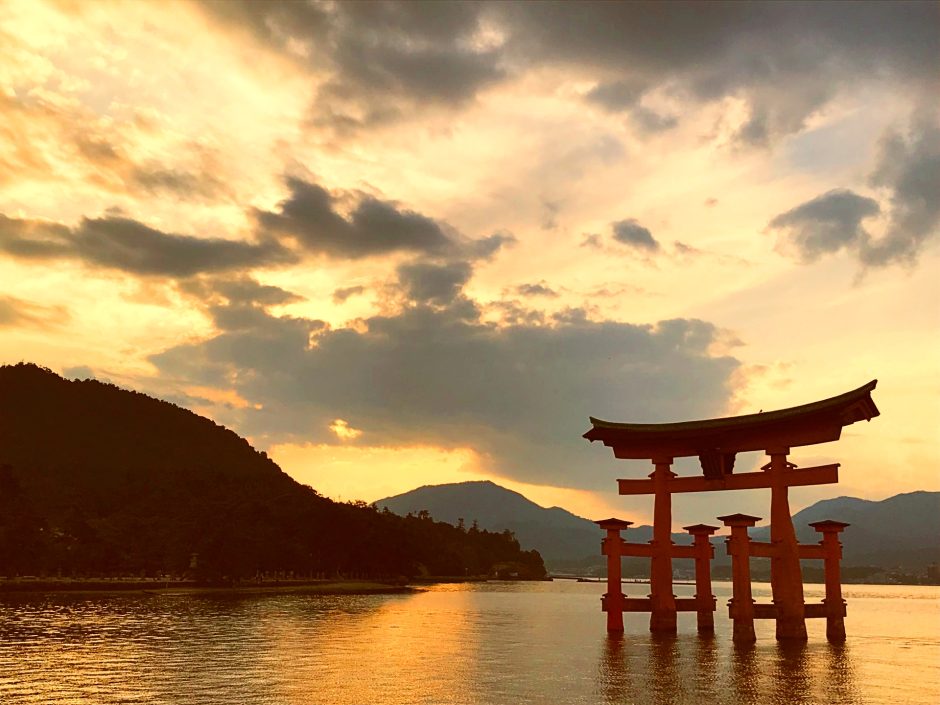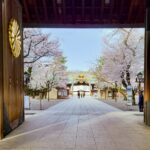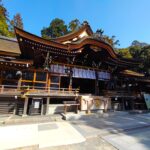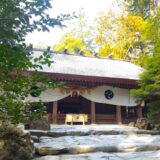Shinto is a traditional religion unique to Japan.
The center of Shinto belief is the shrine. Shrines are buildings in which the gods are worshipped, and festivals and ceremonies are held.
Shinto has taken root in Japanese culture and history since ancient times, emphasizing worship of the gods, respect for nature, and gratitude to ancestors.
Although there are several theories among historians, some believe that Shinto dates back to the Jomon period, which spans from 13,000 BC to 300 BC.
Ancient Japanese believed that deities existed and were involved in people’s lives and society, from living creatures to nature, including forests, rivers, and oceans.
Unlike other major religions where there are major central figures such as Jesus Christ in Christianity or Mohamad in Islam,
Shinto does not have a specific deity to worship, nor does it have a scripture or doctrine written in a consistent script, such as the Bible or the Koran of Islam.
In general, however, there are the following tenets.
∙ Respect for harmony and the pursuit of harmony with nature and others.
Respect the power and sacredness of the natural world, and consider natural phenomena and the changing of the seasons sacred.
We respect and are grateful to the spirits of our ancestors and family members.
They visit shrines and offer prayers and offerings to the gods.
The most common way for Japanese to practice Shinto is to visit shrines and offer prayers to the gods on special occasions such as festivals and New Year’s Day.
On the other hand, many Japanese consider themselves non-religious.
Japan is rich in religious diversity, with Shintoism, Buddhism, and many other religions.
Individuals are free to pursue their own faith and religious identity, though,
religious constraints tend to be shunned.

In addition, Japanese people’s “no religion” is quite different from what is called “no religion” in other countries.
The former is simply “not being particularly conscious of religion,” whereas the latter is a “principle” of not believing in a religion or god.
Even Japanese who claim to have no religion celebrate Christmas, go to Hatsumode, hold a Shinto ground-breaking ceremony, and hold a funeral in a Buddhist ceremony.
The reason why they are not conscious of their religion is that when they adopt a foreign religion, they arrange it in a way that is familiar to Japan and then follow the existing one (Shintoism).
This is unique to Japan.
Therefore, monotheistic religions are usually excluded as they are contrary to the Shinto concept of “eight million gods”.
This is the reason why there are almost no Christians among the developed countries.
 Tour of Japanese shrines and temples
Tour of Japanese shrines and temples 






